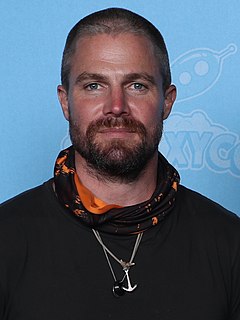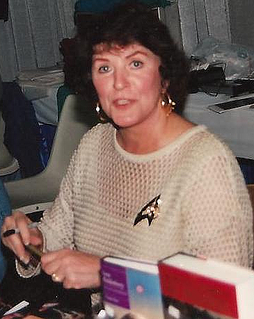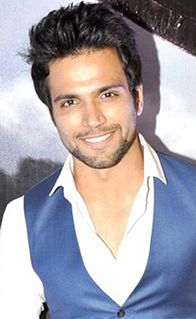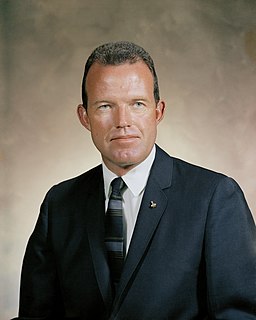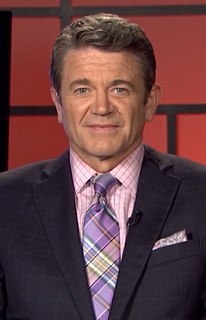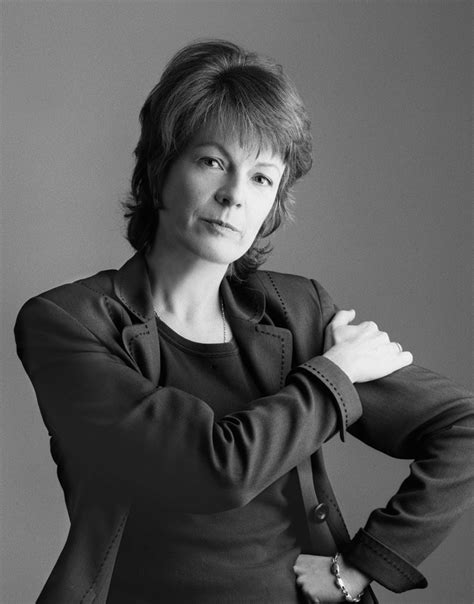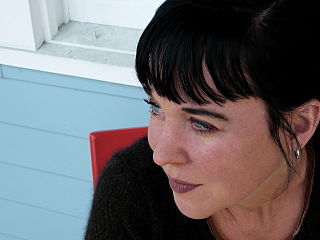A Quote by Jodie Foster
Any actor working a long time should know how a shot is set up, where to place themselves, how to handle the lines. I'm a member of the crew, like the best boy, the electrician. What I'm good at is making eyes at the camera.
Related Quotes
I grew up on a set. The guys I hung around with were crew guys: the camera department, the prop guys. I was like the third kid through the door when I was a kid actor on Leave It To Beaver. I was always one of five guys who would have a couple lines. I was a journeymen actor in my first career, so I was appreciative of the journeymen on the set.
I would like to, in some capacity, observe how Tom Cruise goes about his business when it comes to making a movie and how he behaves on set and how he interacts with the crew because from everything that I've heard, it is the template for professionalism and just the way to conduct yourself as an actor.
I think if you talk to the experts in any field where you have to take on a unknown challenge, where you're going to be working on it for a long time you'd find that to work themselves up to their best performance and really throw themselves into it, you know, spend all these hours in there and ah, give it their... give it their best that optimism plays a role.
I loved being on the other side of the camera and interacting with the crew. When you are an actor, you have to stay inside this world, but when you are with the crew, on the outside, you are in the dirt, working through all the issues. It's just a different way of working, and I think I preferred it.
You can't show up on set and expect it all to come together. You have to have a plan, much like how the director can't just show up and go, well, where should I put the camera? That is gonna determine how it is lit, you should have already been in the room looking at it earlier, pre-lit the room, you know there is a lot of prep that goes into it, so it is the same thing with acting. You can't just show up.
While working with a camera crew supervising flight testing of advanced aircraft at Edward's Air Force Base, California, the camera crew filmed the landing of a strange disc object that flew in over their heads and landed on a dry lake nearby. A camera crewman approached the saucer, it rose up above the area and flew off at a speed faster than any known aircraft.
As important as it is to learn the techniques of cinematography, you also have to learn how to deal with the movie set, with show business. I came up with a cinematographer who is very talented, but she was never quite able to handle everything else you have to do - dealing with the producer and the crew and the time frame that you have to follow.


